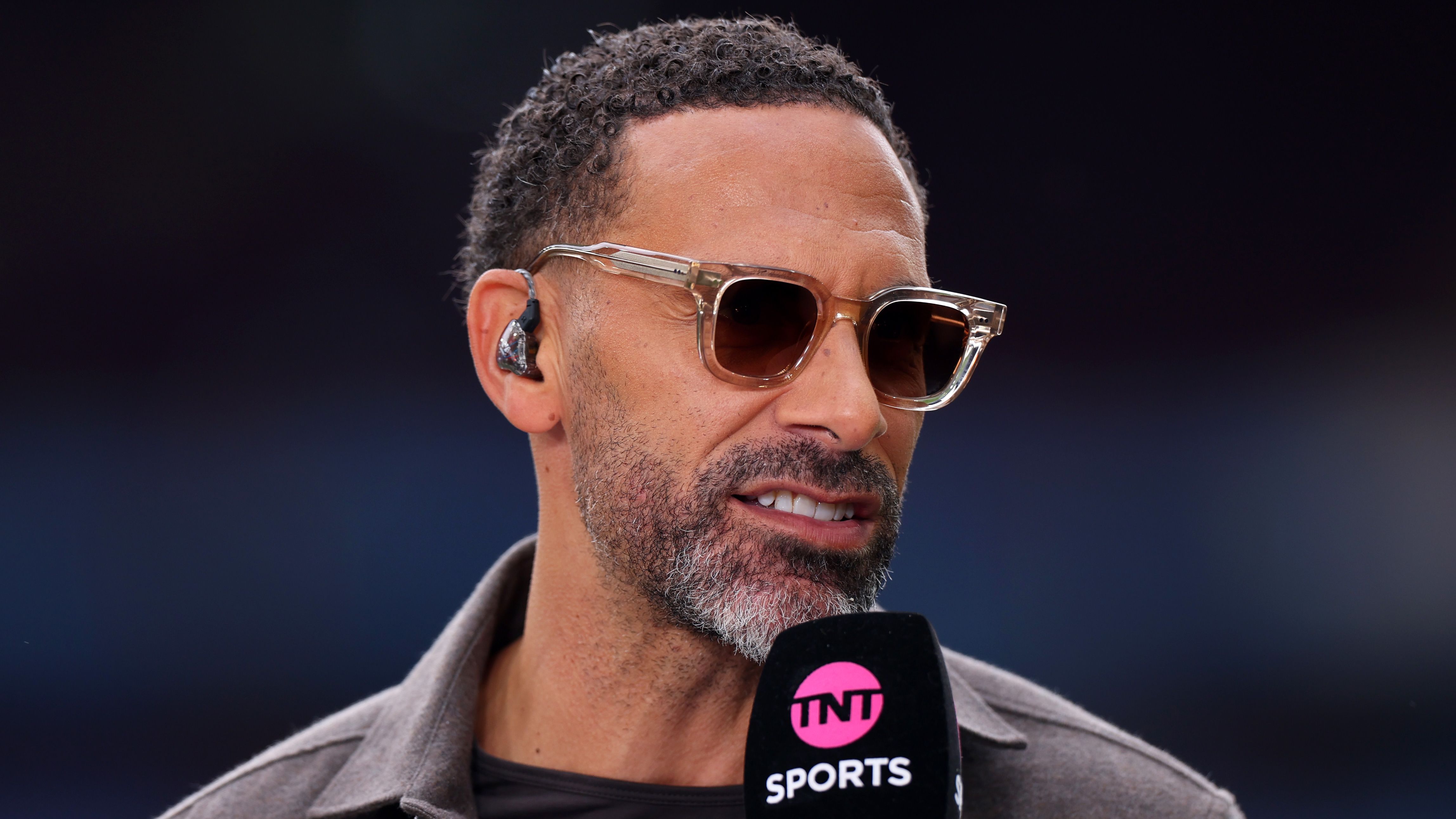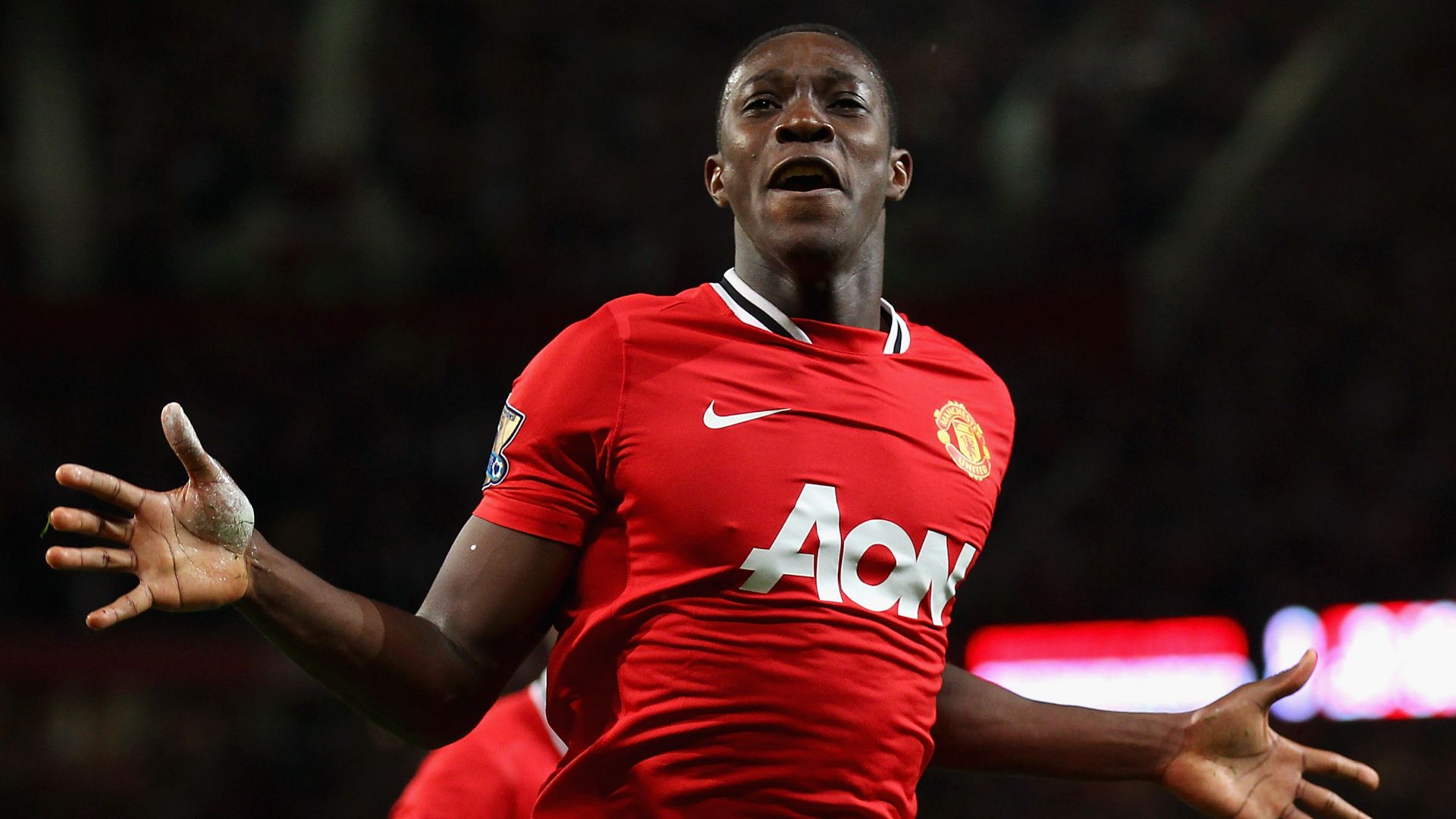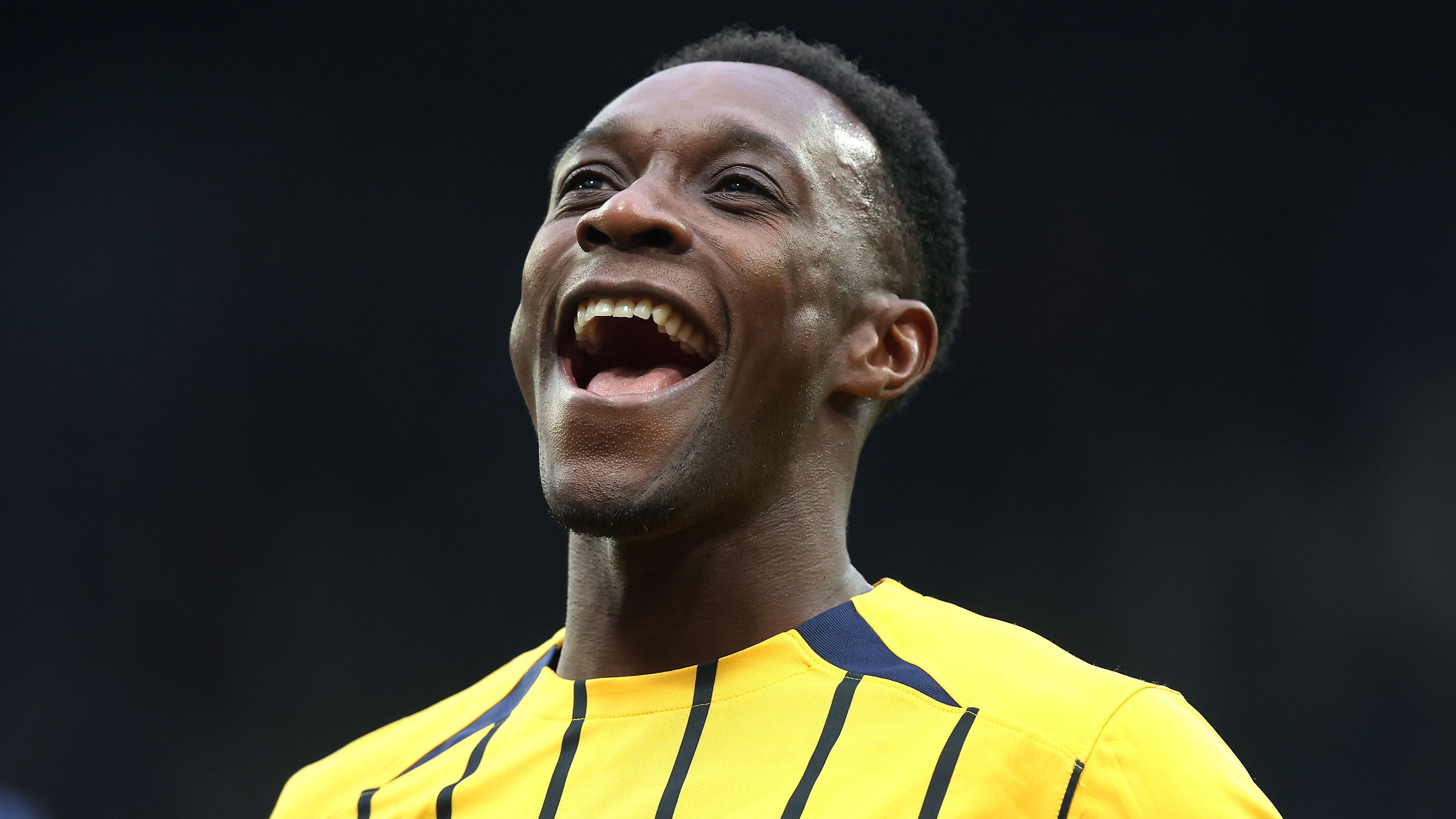Unveiling Rio Ferdinand’s Harsh Verdict on Manchester United’s Costly Transfer Blunder
Rio Ferdinand and Manchester United’s sale of Danny Welbeck have sparked intense debate, highlighting a pivotal misstep in the club’s history. In this piece, we’ll explore the lingering fallout from that decision and its implications on Welbeck’s career resurgence, while delving into expert opinions on player management and international selections.



Danny Welbeck’s Exit Under Louis van Gaal’s Overhaul
During Louis van Gaal’s time leading Manchester United, following his replacement of David Moyes, the team underwent significant restructuring, which included Welbeck’s move away from Old Trafford. The Dutch manager justified this choice by arguing that Welbeck failed to match the performance benchmarks set by stars like Wayne Rooney and Robin van Persie.
Van Gaal’s Explanation of the Squad Changes
Van Gaal elaborated on his rationale, noting, “He featured in the first team for three seasons, yet his achievements don’t align with those of Robin van Persie or Wayne Rooney. That’s the benchmark we’re upholding.” He went on to explain that the departure was influenced by acquisitions like Radamel Falcao and the need to integrate younger players, aligning with his overall strategy for the club.
Ferdinand’s Strong Objections to the Transfer
From Ferdinand’s viewpoint, this reasoning never held water. As a former England defender, he believes the club’s leadership should have intervened to safeguard one of their dedicated academy products from transferring to a competitor, outright rejecting Van Gaal’s proposal.
Key Insights from Ferdinand’s Commentary
On his platform, Rio Ferdinand Presents, the Manchester United icon stated, “In my opinion, he ought to have remained with Man United-it’s not always up to the player.” He labeled the club’s action as a major error, describing Welbeck as a local talent deeply devoted to the team, an exemplary individual who avoided any controversies and came from a solid background. Ferdinand suggested that if a manager like Van Gaal pushed for his exit, authorities should have asserted, “This decision is beyond your scope; we’re keeping him.” Ultimately, he praised Welbeck as an outstanding professional both on and off the field.
Welbeck’s Impressive Comeback in the Premier League
Shifting to today, the 34-year-old forward is experiencing a notable revival at Brighton, where he’s kicked off the 2025-26 season strongly by scoring five times in just nine league outings. This turnaround has drawn Ferdinand’s admiration, leading him to advocate for Welbeck’s potential return to the England team as a backup to Harry Kane.
Ferdinand’s Advocacy for Welbeck’s England Spot
Ferdinand asserted, “Right now, he’s the prime alternative to Harry Kane.” He questioned, “If the squad were selected tomorrow based on current performance, wouldn’t Danny Welbeck be a must-include?” Highlighting Welbeck’s adaptability and extensive background, Ferdinand argued that these qualities make him an ideal option for Thomas Tuchel’s setup.
The Benefits of Welbeck’s Versatility
Expanding on this, Ferdinand noted, “A player’s maturity brings unique advantages during matches.” He pointed out Welbeck’s capability to make runs into space, as demonstrated at Old Trafford, or to drop back and connect plays effectively, rivaling anyone except Kane. Despite past setbacks from injuries, Ferdinand endorsed him, saying, “Should he maintain this level through the season, selection is inevitable-it’s just for a short stint, where he can step in sporadically and support a star like Kane without the full burden.”
Welbeck’s Continued Admiration for Manchester United
Even with Ferdinand’s pointed critique of past club choices, Welbeck has consistently expressed fondness for his original team. Following Brighton’s recent 4-2 loss at Old Trafford, he shared positive remarks about Ruben Amorim’s refreshed Manchester United squad.
Welbeck’s Post-Match Reflections
In an interview with Sky Sports, he commented: “This was the strongest Manchester United team we’ve encountered lately. They displayed excellent organization and structure, boasting top-tier players who capitalized on our errors. It was a tough encounter, but we’re eager to review it and believe we can secure a win here next time.”
Manchester United’s Revival Under New Leadership
Under Ruben Amorim’s guidance, Manchester United seems to have recaptured their stride. After an uneven beginning to the season, the team has secured victories in all three Premier League games in October, notably defeating the current champions, Liverpool. Looking ahead, with games against Nottingham Forest and Tottenham Hotspur on the horizon, the club is focused on sustaining this positive momentum into the international break.
Who is Rio Ferdinand and Why His Opinion Matters
Rio Ferdinand, a former Manchester United defender and England international, has become one of the most influential voices in football punditry. With over 450 appearances for the Red Devils during his playing career, Ferdinand brings insider knowledge and a passionate perspective to discussions about the club’s decisions. His criticisms often resonate with fans, especially when they touch on football transfers, where poor choices can significantly impact team performance. In the world of Premier League football, Ferdinand’s views on topics like the £16m sale of a talented player highlight the ongoing challenges Manchester United faces in maintaining squad depth and talent retention.
Ferdinand’s background as a key player in United’s golden era under Sir Alex Ferguson gives his opinions added weight. He frequently appears on platforms like BT Sport and social media, discussing issues such as squad building and transfer strategy. This particular criticism underscores broader themes in modern football transfers, where clubs must balance financial regulations with the need to nurture emerging talent.
The Controversial £16m Sale
The £16m sale in question refers to Manchester United’s decision to offload a promising young player, which many experts, including Ferdinand, view as a misstep in the club’s transfer policy. This type of transaction exemplifies the risks involved in Premier League player sales, where undervaluing a talented asset can lead to long-term regrets for teams like Manchester United.
Details of the Transfer
The transfer involved a player who had shown glimpses of world-class potential during his time at Old Trafford. Sold for £16m amid financial pressures and squad restructuring, the deal was initially seen as a way to comply with Financial Fair Play (FFP) rules. However, the player’s subsequent success at his new club has fueled debates about whether Manchester United acted too hastily.
Key factors in the sale included:
- Contract negotiations: The player was on the fringes of the first team, and stalled contract talks may have pushed the club towards a sale.
- Market valuation: At £16m, the fee was considered below market value for a footballer with the player’s skill set, especially compared to similar transfers in recent years.
- Timing of the deal: Executed during a transfer window, the sale left United short on options in key positions, affecting their performance in domestic and European competitions.
The Player’s Potential
The sold player was hailed for his versatility and technical ability, traits that could have been pivotal for Manchester United’s midfield or defense. For instance, his ability to contribute both defensively and offensively made him a valuable asset in high-stakes Premier League matches. Post-transfer, the player has flourished elsewhere, scoring crucial goals and providing assists, which only amplifies the error in judgment.
In football transfers, potential is often hard to quantify, but metrics like the player’s stats-such as goals, assists, and pass accuracy-indicated he was on an upward trajectory. This case serves as a reminder of how Premier League clubs must invest in talented players to build sustainable success.
Ferdinand’s Criticism
Ferdinand didn’t hold back in his assessment of the £16m sale, labeling it a “significant error” that could haunt Manchester United for years. His comments, shared during various media appearances, emphasized the need for better strategic planning in football transfers.
Key Points from His Statements
Ferdinand highlighted several reasons why the sale was problematic:
- Underestimation of value: He argued that £16m was a undervaluation, pointing out that similar talented players have fetched double that amount in recent deals.
- Loss of homegrown talent: The player was a product of United’s academy, and Ferdinand stressed the importance of retaining such assets for long-term Premier League stability.
- Impact on team morale: Selling a rising star can demotivate other squad members, potentially affecting performance in upcoming seasons.
In a conversational tone, Ferdinand often says things like, “You don’t just let go of a player with that kind of spark-it’s like trading away the future of the club for a quick fix.” His critique aligns with broader discussions on football transfer mistakes, where clubs like Manchester United have faced backlash for similar decisions.
Impact on Manchester United
The £16m sale has ripple effects on Manchester United’s overall strategy, from on-pitch results to financial planning. This incident is a prime example of how football transfer errors can compound, influencing everything from league standings to fan sentiment.
Short-term and Long-term Effects
In the short term, the sale created gaps in the squad that were hard to fill mid-season. Manchester United struggled with depth in certain positions, leading to inconsistent Premier League performances. Fans have noted a dip in team chemistry, which Ferdinand attributes directly to losing a talented player.
- Short-term challenges:
- Increased reliance on injury-prone veterans.
- Weakened defensive or attacking options during key matches.
- Potential drop in points, affecting Champions League qualification.
- Long-term implications:
- Missed opportunity to develop the player’s market value, which could have risen to £50m or more.
- Setback in youth development programs, discouraging emerging talents.
- Heightened scrutiny on the club’s transfer committee, with calls for reforms in how Manchester United handles sales.
Overall, this sale underscores the need for smarter football transfer strategies in the Premier League, where retaining talented players can be the difference between winning titles and fading into mediocrity. By learning from such errors, clubs like Manchester United can better navigate the complexities of modern football.









